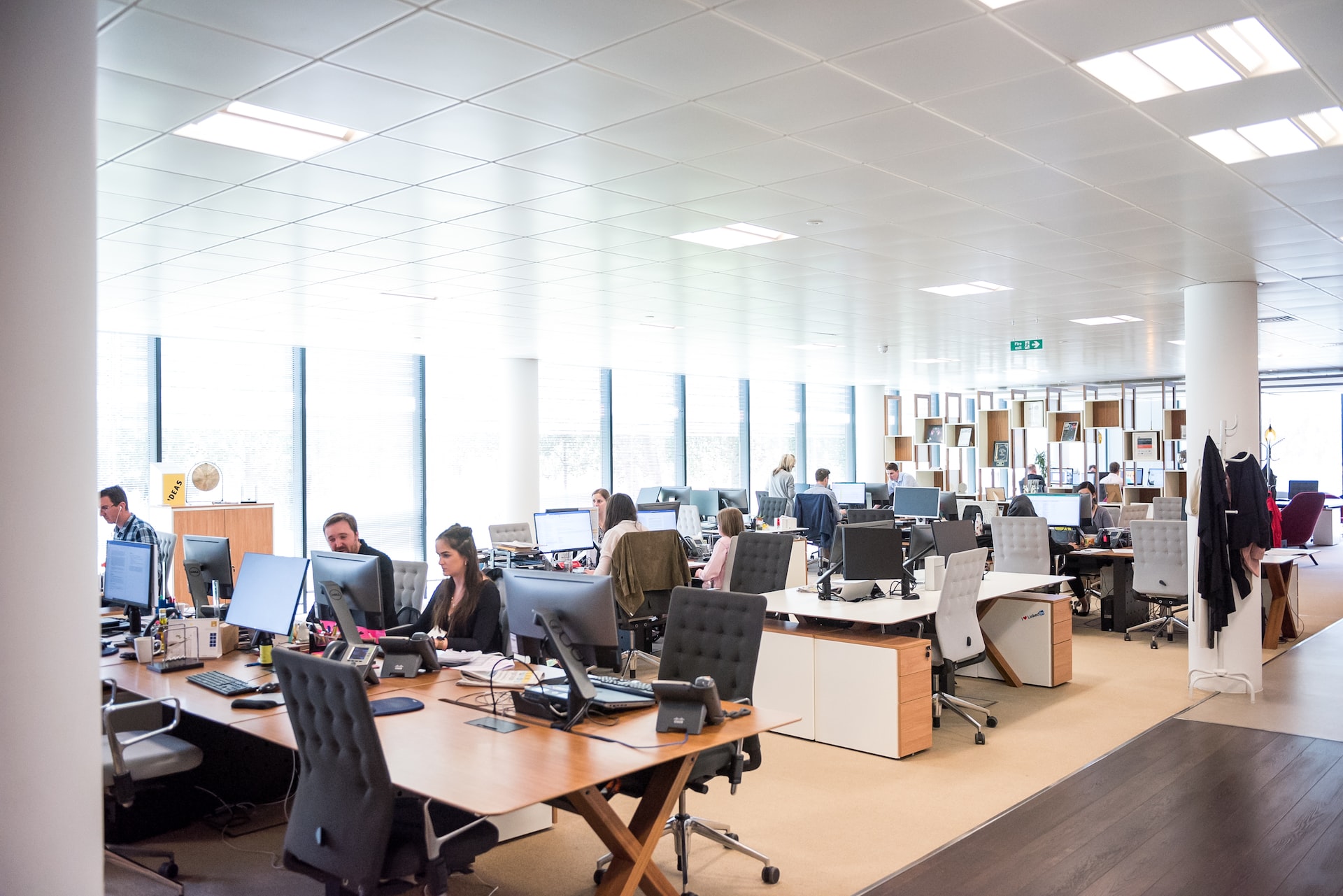Global Green Building Alliance Publishes Sustainable Finance Guide
The recently formed Global Green Building Alliance has created a sustainable finance guide to drive the $35m investment needed across the globe to achieve...
Read Full Article
The British Council for Offices has released several new reports to help the commercial property industry to future proof the office sector when it comes to sustainability.
The construction sector is one of the largest consumers of materials and produces more waste than any other sector in the UK. Offices account for 15 per cent of the total commercial property sector’s waste and 44 per cent of the construction sector’s waste.
Yet improving the sustainability and energy performance of offices is challenging, particularly as 50 per cent of the office building stock in the UK is tenanted – meaning there is little consistency even within single buildings as to how workspaces are designed and used.
The BCO argues that for the office sector to move from ambition to tangible action, there is an urgent need for robust benchmarks and verifiable data, as well as government requirements and incentives to support businesses' ESG objectives and facilitate the transition to net-zero.
One of the reports, “Circular Economy in Offices” sets out how offices can be designed and constructed in order to eliminate waste and pollution, circulate products and materials and regenerate nature.
This document argues that fit-out represents one of the most significant opportunities to embed circular principles within the office sector. Increased take-up of shorter commercial lease lengths, a trend which has been accelerated by the pandemic, is driving greater turnover of occupiers who demand bespoke fit‑outs and strip-out, creating unnecessary waste.
Richard Kauntze, Chief Executive of the BCO, said: “We are all used to recycling at home but our latest research shows that there is a great opportunity – and indeed a responsibility – for the office sector to adopt the same principles at scale.
“Everyone involved in creating, acquiring or occupying office space has the potential to make Britain more efficient and less wasteful by embracing, and advocating, circular economy principles to meet both urgent and longer-term sustainability goals.”
The report highlights the urgent need to address the issue of Category A interior fit-outs (which comprise lighting and basic finishes such as flooring installed in a new building) being stripped out by the incoming occupier. The long-standing problem involves a developer fitting out a building to Cat A in order to showcase the office to prospective occupiers who, after agreeing to let the space, then discard all finishes and fixtures, which usually cannot be reused, and install their own from scratch.
The BCO recommends that Cat A is eliminated from office fit-out unless specified by the incoming occupier. Where Cat A is needed, virtual reality (VR) could be used as an alternative approach to showcase the potential of the space or, if needed, fitting out only one floor to Cat A standard as a showroom.
The BCO also calls on property agents to work to avoid Cat A strip-outs by matching occupiers, developers and building owners early in the process to ensure that the first time the office is fitted-out the occupier’s requirements are being met.
The relationship between building owner and occupier is an essential factor in energy management. Tailoring lease agreements to promote lower energy use and carbon emissions, known as "green leases", would be a potential solution to reaching net zero targets collaboratively.
Currently, it is difficult for occupiers to measure their carbon emissions accurately because targets for energy use intensity do not differentiate between different types of offices. In addition, dysfunctional metering strategies do not allow for a breakdown of energy use between communal and occupier areas.
Energy wasted through under-utilisation of office space since the COVID-19 pandemic, as shown in the BCO’s recent “The Future of Office Densities” report, remains a concern that can be alleviated through using smart sensors and responding to demand.
Picture: a photograph of an open-plan office with desks and computers, Image Credit: Unsplash
Article written by Ella Tansley | Published 02 December 2022
The recently formed Global Green Building Alliance has created a sustainable finance guide to drive the $35m investment needed across the globe to achieve...
Read Full ArticleResearch suggests that UK directors involved in key real estate decisions are willing to pay more to lease offices with sustainable credentials. Property analytics...
Read Full ArticleDesigned by Fletcher Priest Architects and now under construction in the City of London, the 94,000 sq ft Edenica office development at 100 Fetter Lane is on track to set...
Read Full Article100 senior executives of UK construction firms were interviewed on sustainable design and engineering. The construction firms involved have collectively been involved...
Read Full ArticleMcDonald’s Market Drayton is the first restaurant in the UK due to be verified as net-zero emissions for construction, using the UK Green Building Council’s...
Read Full ArticleLeading workwear, linen, laundry and washroom services provider, Elis UK, has announced that it is aiming for net-zero carbon emissions by 2045, in line with the UK...
Read Full ArticleResearchers and scientists are experimenting with Biochar, the carbon-rich soil, to examine its use within the built environment. Discovered via observing the man-made...
Read Full ArticleNew office developments and major refurbishments in the UK will be able to formally register under the eagerly anticipated NABERS Design for Performance...
Read Full ArticleNew buildings will be more energy efficient, use more renewable energy and support the transition to net-zero emissions under an Australia-first plan to include energy...
Read Full ArticleBritish Land is celebrating the practical completion of 1 Triton Square at Regents Place. This sustainable refurbishment is a result of genuine collaboration and a...
Read Full Article